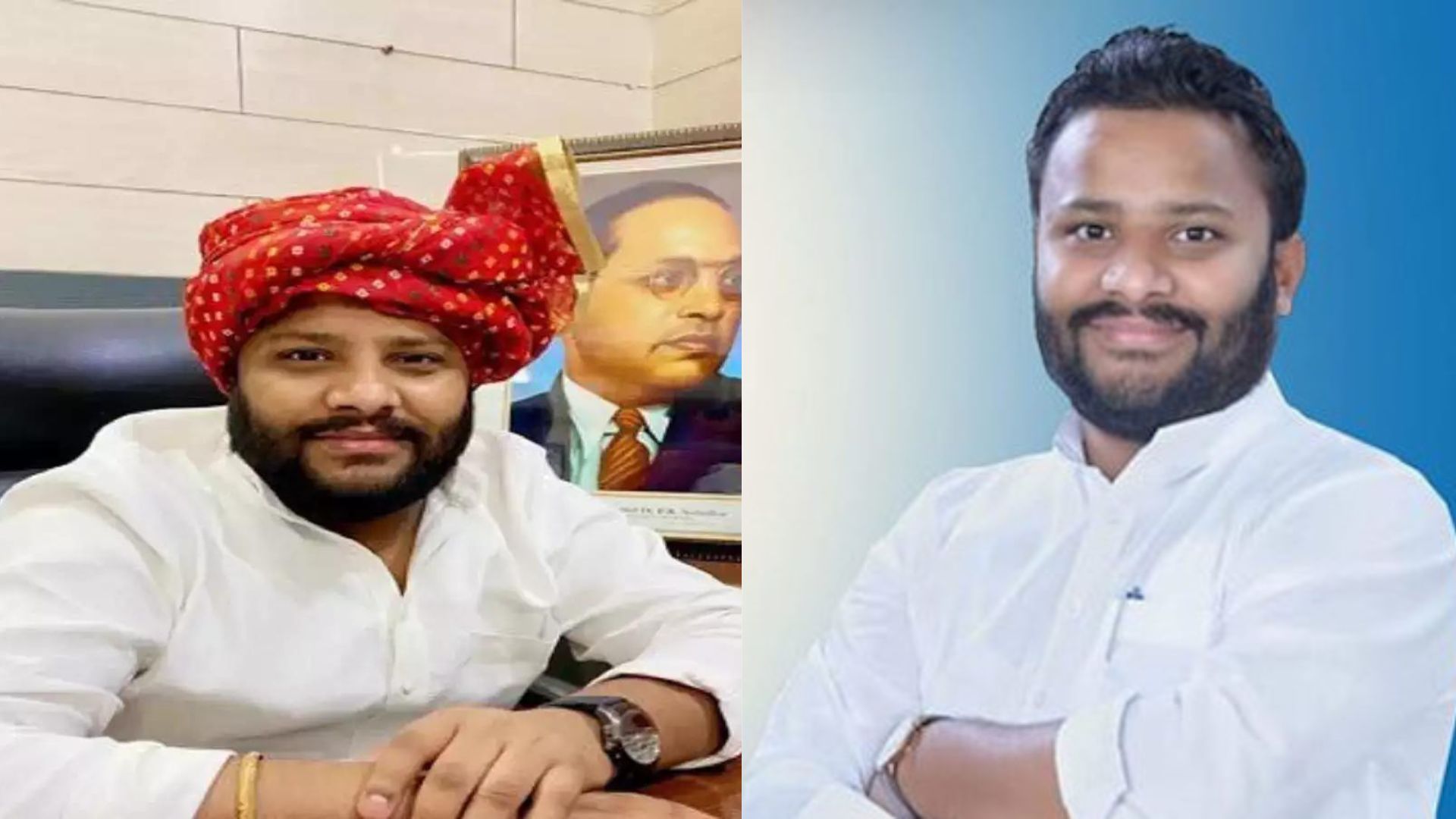Kuldeep Kumar Wikipedia, Wiki, Facebook
Kuldeep Kumar Wikipedia, Wiki, Facebook – In a recent development on February 20, 2024, the Supreme Court of India made a significant decision regarding the mayoral election in Chandigarh. Setting aside the initially declared BJP candidate’s victory, the court declared AAP councillor Kuldeep Kumar as the Mayor of Chandigarh Municipal Corporation. The decision came after a hearing on the contentious Chandigarh mayoral election case.
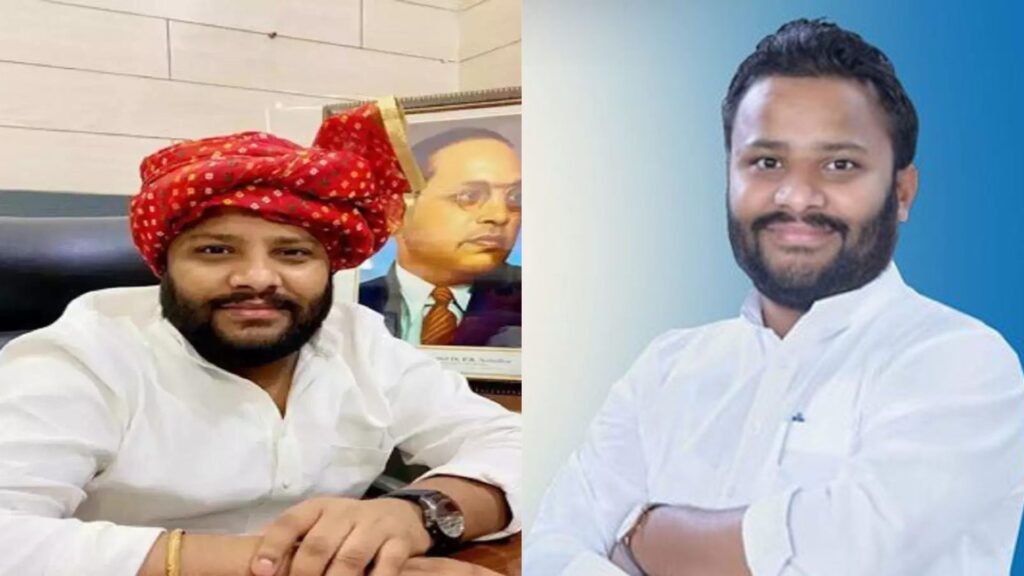
Kuldeep Kumar Latest News:
Background of the Case: The controversy arose from a plea filed by the mayoral candidate Kuldeep Kumar, who belongs to the INDIA bloc. He accused the Returning Officer, Anil Masih, of defacing the ballots during the mayoral polls held on January 30. Kumar alleged fraud and forgery in the counting process, pointing specifically to the actions of the Returning Officer.
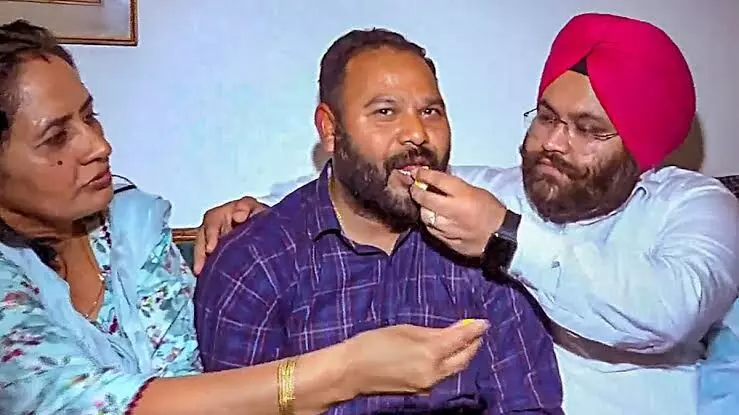
Supreme Court’s Observation: The Supreme Court, led by Chief Justice D.Y. Chandrachud and justices J.B. Pardiwala and Manoj Misra, carefully examined the case. Rather than setting aside the entire election process, the court focused on the specific actions of the Returning Officer during the counting process. The bench observed that the issue arose only when the Returning Officer made errors in counting.
Prosecution of Returning Officer: The court not only set aside the election results but also ordered the prosecution of Returning Officer Anil Masih for ‘misdemeanour.’ The Chief Justice emphasized Masih’s guilt, stating that he deliberately defaced eight ballot papers and must be held accountable. Contempt proceedings were initiated against Masih as well.

Examination of Ballot Papers and Video Recording: On Monday, the court had expressed concerns about potential horse-trading and decided to examine the ballot papers and the entire video recording of the counting day. Chief Justice Chandrachud stressed the need for transparency and fairness in the electoral process, emphasizing the importance of scrutinizing invalidated ballots.
Urgency and Timely Action: To ensure a thorough examination, the court directed the Registrar General of the Punjab and Haryana High Court to assign a judicial officer to safely transport the records to Delhi. The urgency of the matter was highlighted by the Chief Justice, who declined a plea to postpone the hearing, citing ongoing horse-trading concerns.
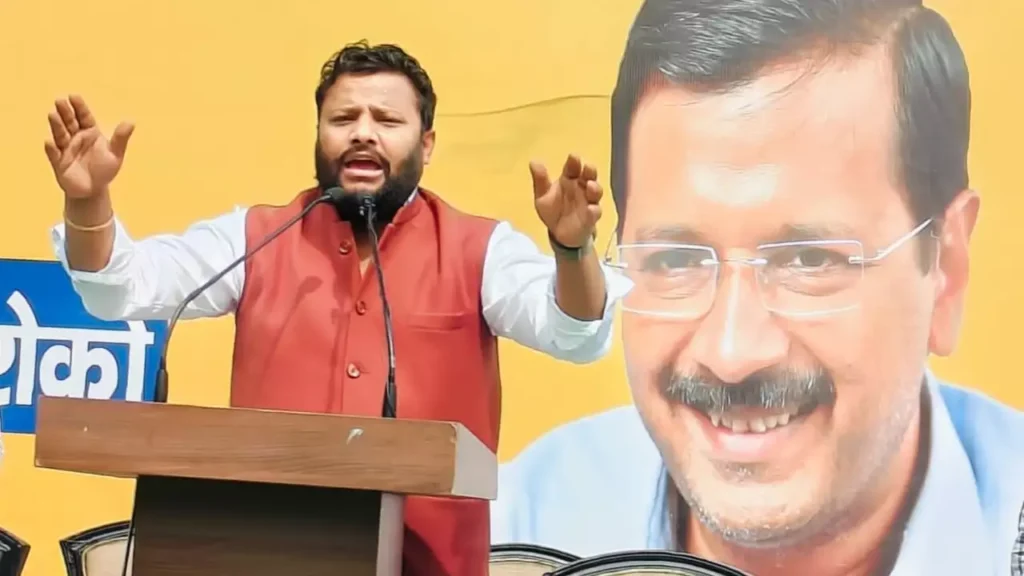
Returning Officer’s Defense and Admission: During the hearing, Returning Officer Masih admitted to marking eight already defaced ballot papers with an ‘X’ and accused AAP councillors of creating disturbances during the process. Masih explained that he had to monitor the situation via CCTV due to disruptions caused by the AAP councillors. The court had summoned Masih to explain his conduct.
CCTV Footage Examination: After perusing the CCTV footage presented by senior advocate Abhishek Manu Singhvi, representing the AAP councillor, Chief Justice Chandrachud expressed strong disapproval. He stated, “This is a mockery of democracy. He is murdering democracy. Is this the behavior of a Returning Officer, who looks at the camera and defaces the ballot? It is obvious that he defaced the ballots. This man has to be prosecuted.”
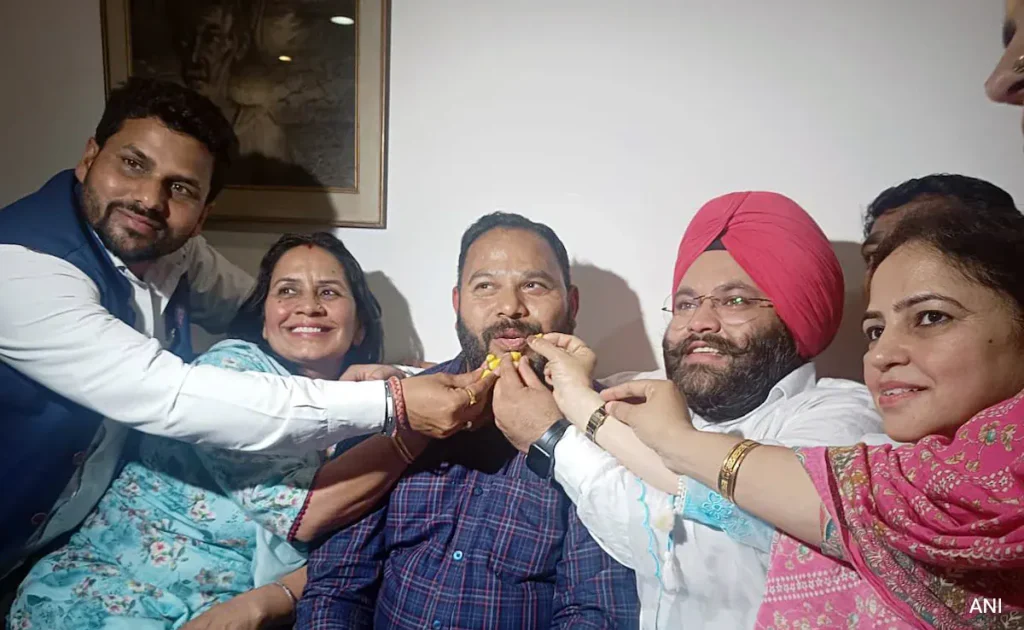
Sequestering Election Records: In response to the controversies, the Supreme Court deferred the February 7 meeting of the Corporation and ordered the sequestration of the entire record pertaining to the election. This included ballot papers and videography footage, placed under the custody of the Registrar General of the Punjab and Haryana High Court.
Petition to Supreme Court: The AAP and Congress’ joint candidate, Kuldeep Kumar, approached the Supreme Court after the Punjab and Haryana High Court refused to stay the election results for the post of Mayor. In his petition, Kumar alleged a complete departure from established practices and rules. He claimed that the Returning Officer had denied party nominees the right to monitor the vote counting process. Kumar prayed for fresh elections in a free and fair manner under the supervision of a retired high court judge.
Conclusion:
The Supreme Court’s decision to set aside the election results and declare AAP councillor Kuldeep Kumar as the Mayor of Chandigarh Municipal Corporation highlights the court’s commitment to upholding the integrity of the electoral process. The order for the prosecution of the Returning Officer, Anil Masih, underscores the seriousness with which electoral misconduct is viewed. This case serves as a reminder of the importance of transparency, fairness, and adherence to established procedures in the democratic process.
Also Read:
- Farida Udhas Wikipedia, Wiki, Age, Religion, Family, Chidren, Son, Parents
- Abhishek Manu Singhvi Wiki, Wikipedia, Controversy, Scandal, Video, State, Cast
FAQ:
Why did the court make this decision?
The decision was made after a plea by INDIA bloc’s mayoral candidate, Kuldeep Kumar, who accused Returning Officer Anil Masih of defacing ballots and fraudulent activities during the mayoral polls.
What was the Supreme Court decision in the Chandigarh mayoral election case?
The Supreme Court set aside the election results that initially declared the BJP candidate as the winner and declared AAP councillor Kuldeep Kumar as the Mayor of Chandigarh Municipal Corporation.
What actions did the Supreme Court take against the Returning Officer, Anil Masih?
The court ordered the prosecution of Returning Officer Anil Masih for ‘misdemeanour’ and initiated contempt proceedings against him. The Chief Justice emphasized Masih’s guilt in deliberately defacing eight ballot papers.
What was the Returning Officer defense during the hearing?
Returning Officer Anil Masih admitted to marking eight already defaced ballot papers with an ‘X’ and accused AAP councillors of creating disturbances during the process. He explained monitoring the situation via CCTV due to disruptions caused by AAP councillors.
Why did the court sequester the election records?
The Supreme Court deferred the Corporation meeting and ordered the sequestration of the entire election record, including ballot papers and videography footage. This was done to thoroughly examine the evidence and ensure fairness.

